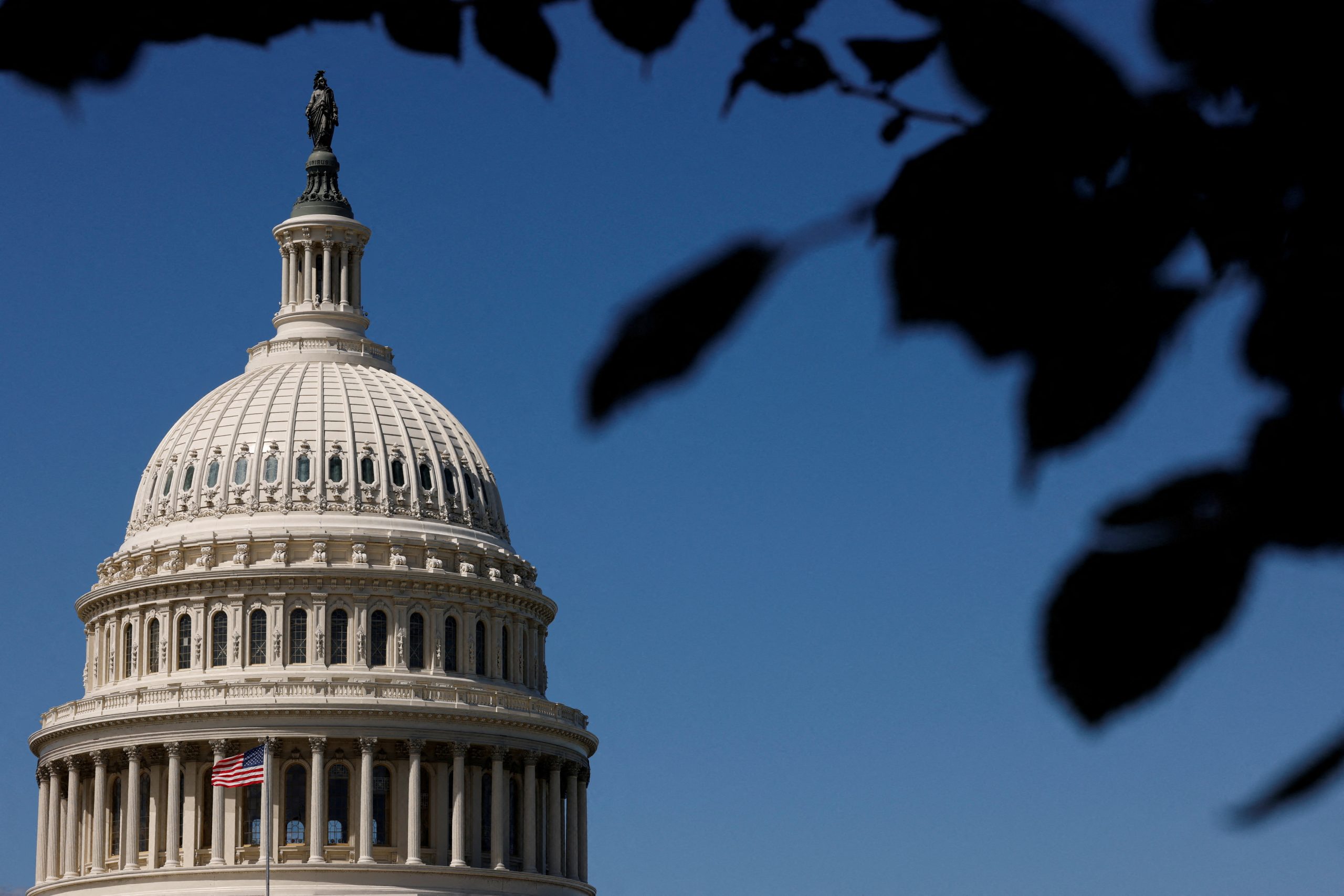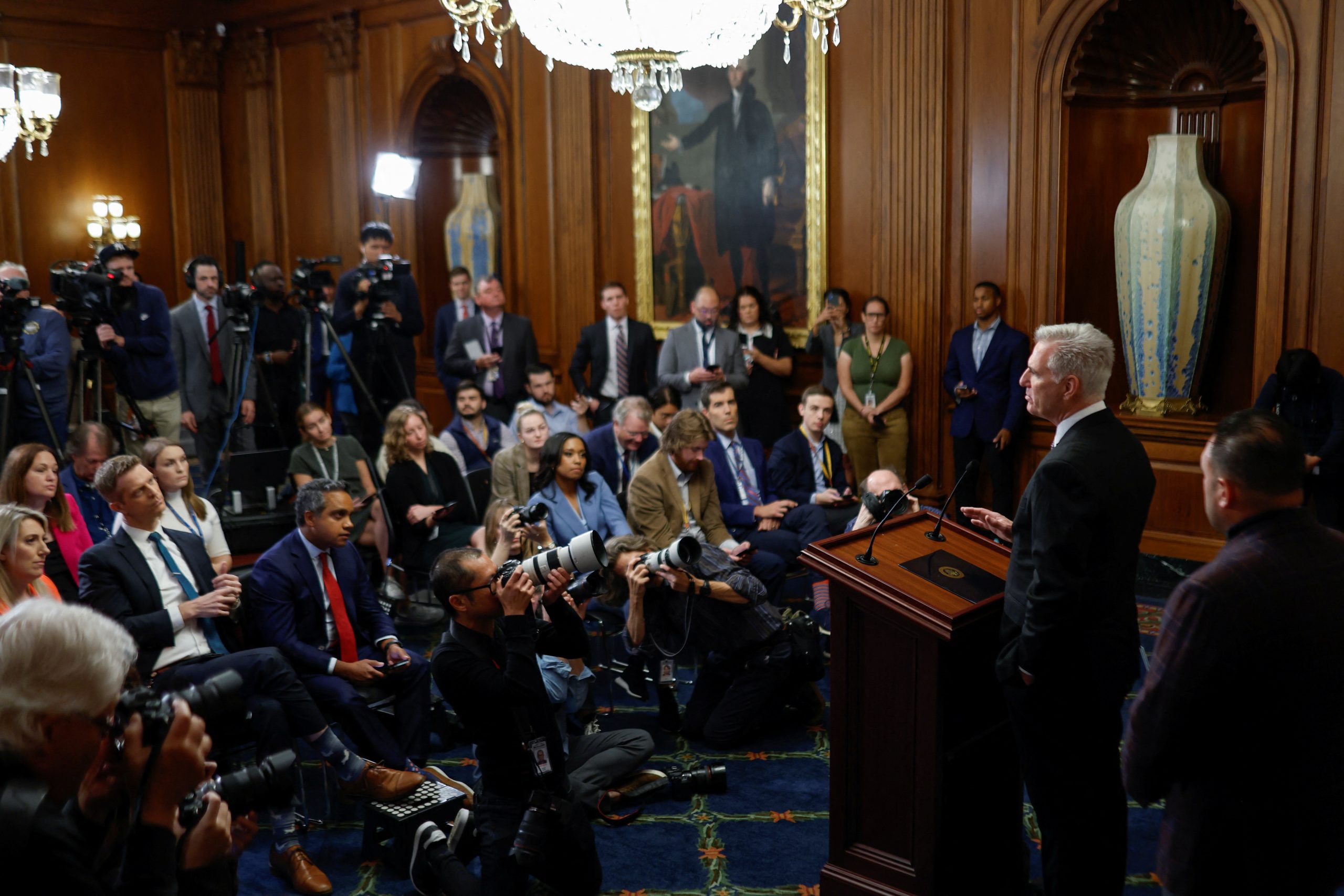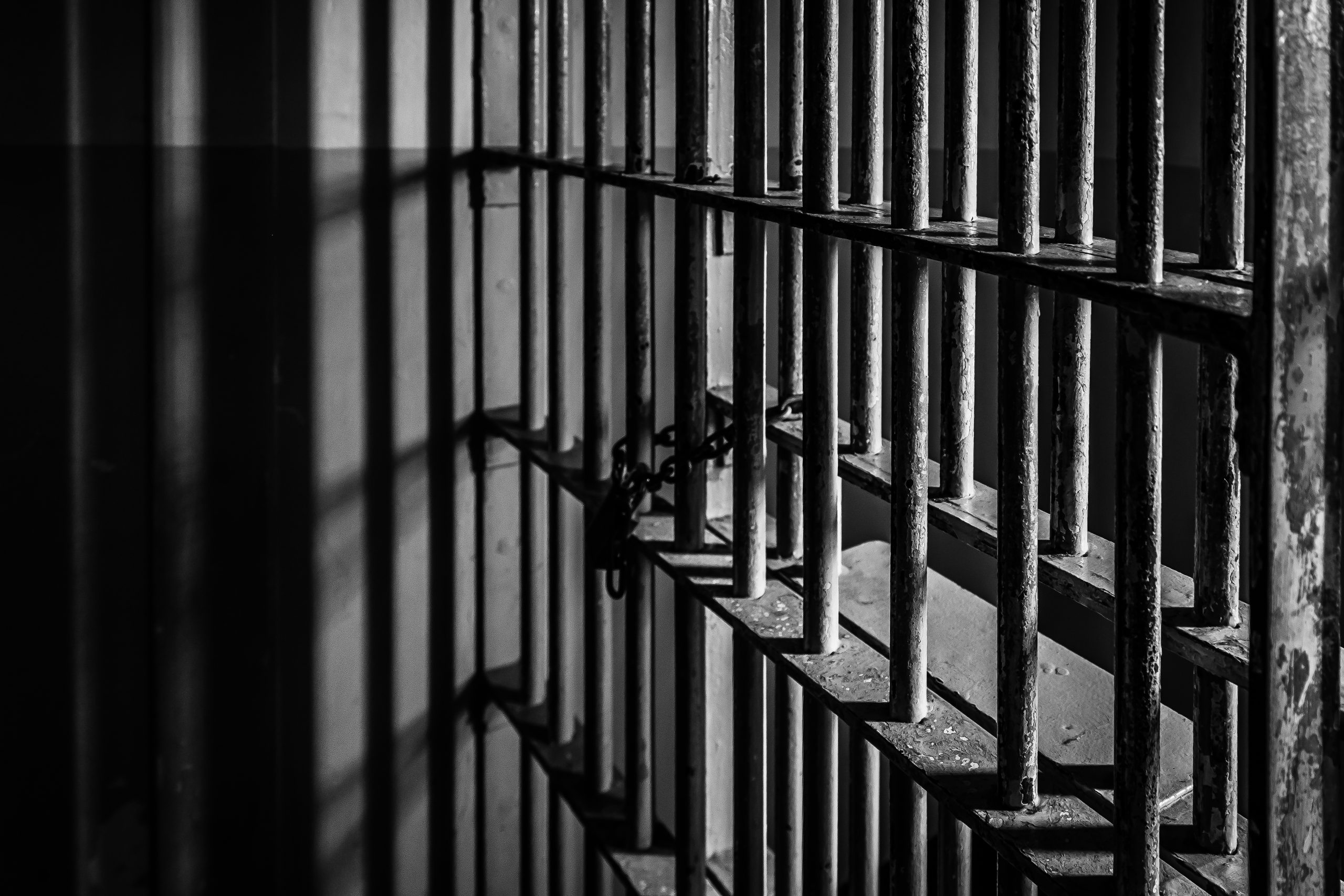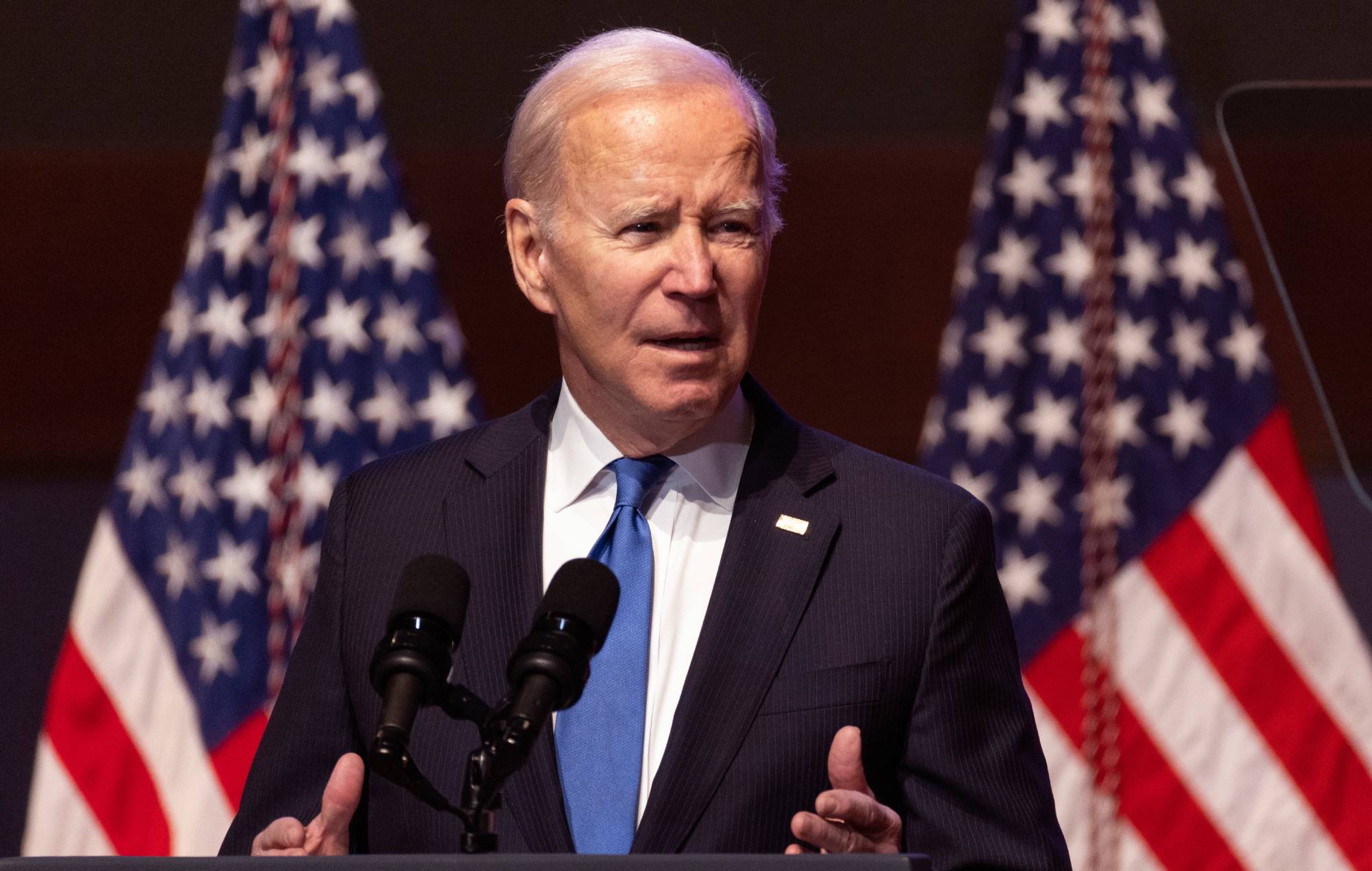House Republicans continue to oppose a short-term funding resolution as the January 19 deadline approaches, threatening a government shutdown. Pressure from inside his party makes House Speaker Mike Johnson unwilling to compromise his commitment to extended temporary funding. With four annual bills due on January 19 and eight on February 2, the situation is complicated.

Uncertainty Looms as House Republicans Resist Stopgap Funding Amidst Tight Timelines
Senate Appropriations ranking member Susan Collins noted the difficulty of approving the initial bills by both chambers and getting them signed into law within a week. After reaching a $1.66 trillion spending ceiling with Senate Majority Leader Charles Schumer, Johnson is hopeful about enacting all 12 yearly bills in four weeks.
Johnson refuses to rule out another stopgap, leaving the method unclear. Conservative hardliners are already criticizing the Speaker for the Schumer spending deal, and another funding extension may worsen Republican divisions.
Schumer is also evasive on a short-term government funding measure. Senate members rarely visit Washington on Fridays, and Monday is a federal holiday. The first spending deadline is just over a week away. Both sides weigh their alternatives in this complicated issue.
READ ALSO: Sununu Criticizes Christie, Asserts White House Bid Is ‘Completely Stalled’
House Republicans Emphasize Appropriations Bills While Urged for Short-Term Funding Solution
In a Wednesday morning conference, House Republicans prioritized appropriations bills over another temporary spending patch. Kevin Hern, Republican Study Committee Chairman, says short-term continuing resolutions (CRs) don’t work and advises leadership to let government funding expire.
Johnson’s positive forecast notwithstanding, deliberations on how to divide the $1.66 trillion between the 12 budget measures are ongoing. The Schumer-Johnson accord lacks policy rider parameters, stalling legislative talks.
House Appropriations ranking member Rosa DeLauro calls for a short-term extension before January 19 after House Republicans wasted months renegotiating spending ceilings without significant improvements. To avoid a partial shutdown, GOP appropriators accept a stopgap funding plan that will affect several vital departments. How House Republicans’ standoff and tight deadlines will be resolved to avoid a government shutdown is unknown.
READ ALSO: DNC Must Stop Calling Primary ‘Insignificant’ in New Hampshire




